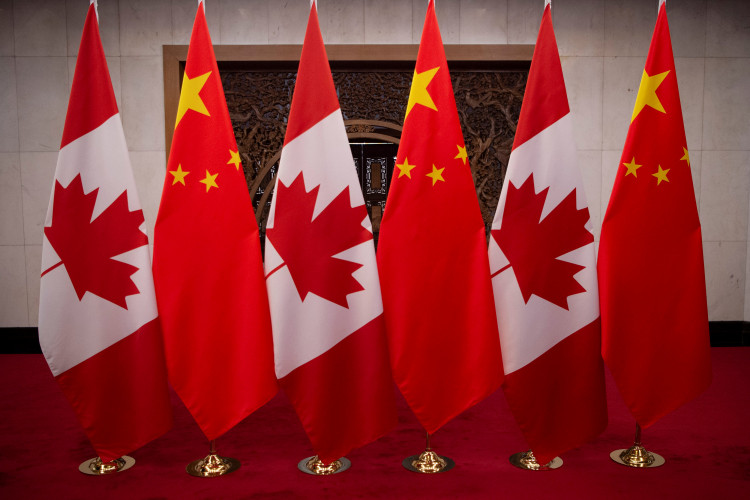Canadian Prime Minister Justin Trudeau announced on Monday that Canada will impose a 100% tariff on Chinese-made electric vehicles (EVs). The move, aimed at protecting Canada's burgeoning EV industry, brings the country in line with similar actions being taken by the United States and the European Union against what they describe as unfairly state-subsidized Chinese imports.
Trudeau made the announcement during a federal cabinet retreat in Halifax, Nova Scotia, where ministers gathered to strategize for the upcoming year, which is expected to be pivotal ahead of the federal election in October 2025. The decision comes amid mounting pressure from domestic industry stakeholders to take a firm stance against China's trade practices, particularly in the rapidly growing EV sector.
"China is not playing by the same rules," Trudeau stated, emphasizing the importance of aligning Canada's trade policies with those of other major economies. "What is important about this is we're doing it in alignment and in parallel with other economies around the world."
The tariff, set to take effect on October 1, 2024, will apply to a wide range of electric and hybrid vehicles, including passenger cars, trucks, buses, and delivery vans. This aggressive measure is intended to "level the playing field for Canadian workers" and bolster Canada's position in the global EV supply chain. Trudeau's government has been actively courting European automakers, securing multi-billion dollar deals to establish a robust domestic EV manufacturing industry.
In addition to the EV tariffs, Trudeau also announced a 25% surtax on imported steel and aluminum from China, which will take effect on October 15, 2024. This move reflects growing concerns about China's dominance in these critical industries and its impact on global trade dynamics. The United States is expected to announce similar measures in the coming weeks, further solidifying a coordinated effort among Western allies to counter China's economic influence.
The imposition of these tariffs underscores Canada's broader strategy to position itself as a key player in the global EV market, particularly as North American and European markets increasingly demand greener, more sustainable transportation options. Canada's decision to align its trade policies with those of the U.S. and EU is also indicative of a broader geopolitical shift, as Western nations seek to curb China's economic reach and protect their own industries from what they perceive as unfair competition.
The decision to impose these tariffs was likely influenced by a recent visit from Jake Sullivan, U.S. President Joe Biden's national security advisor, who stopped in Halifax before heading to China. Sullivan's visit underscores the close coordination between the U.S. and Canada on trade and security matters, particularly in the context of the ongoing economic rivalry with China.
Industry analysts have noted that while the tariffs are likely to protect Canadian manufacturers in the short term, they could also lead to higher prices for consumers, particularly for electric vehicles, which are already seen as premium products. However, the Canadian government is betting that the long-term benefits of fostering a strong domestic EV industry will outweigh these immediate challenges.






